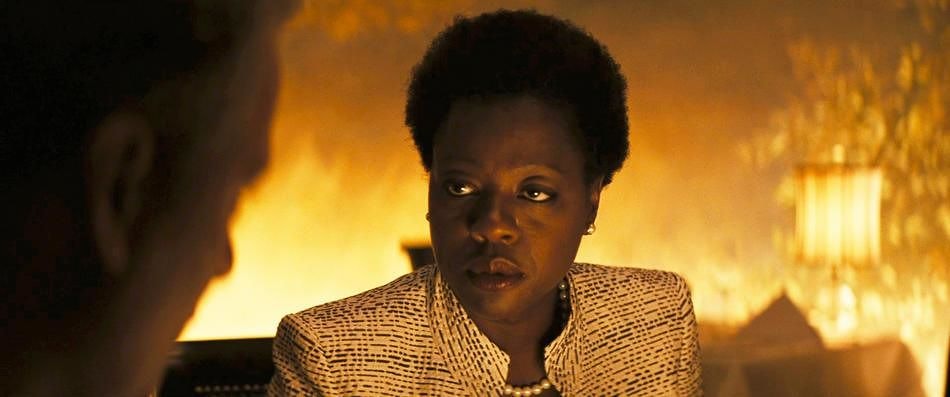It’s difficult to know where to start with
real-life stories in films. Can they be critiqued in the same way as a
completely fictional film? In the case of The Big Sick, it is a
real-life story about a real-life event, where the writer and producer is the
main character. So…even if parts don’t make sense, or characters seem
odd, that’s how it happened, right?
 |
| Image for The Big Sick |
 |
| Other image you get if you Google The Big Sick |
Running parallel to this story line are two other storyline threads (and they do run parallel because those threads don't really converge). One is about Kumail’s ongoing pursuit of being a stand-up comedian, playing open mic nights and hoping to get his big break while working for Uber to pay the rent. The other (significantly more interesting) thread is Kumail’s family dynamic. Kumail’s parents - Azmat and Sharmeen (Anupam Kher and Zenobia Schroff) are from Pakistan, and have moved to America to give their children more opportunities. But they have strong ideas about their children maintaining Pakistani traditions - and every Friday night, Kumail's mum invites a girl to "just pop over" to meet him (with a photograph, resume, and ideally a semi decent knowledge of The X Files), in the hope it will lead to an arranged marriage with someone from the same culture ("in Pakistan, we just call it marriage"). Kumail's parents are unaware that he is dating Emily. Emily is unaware that Kumail's parents are setting up an arranged marriage for him.
The development of Kumail's struggle between his
Pakistani and American heritage is an interesting one, and certainly gives The
Big Sick a unique selling point. As a theme, it's been recently
played out in Aziz Ansari's Master of None and poses a number of
interesting points. Kumail faces small, potentially racist comments and
assumptions throughout the film which he bats away with weary good
humour. Some are well intentioned (Terry trying and failing to connect to
Kumail: "So...9/11...I've always wanted to...talk to someone [like
you] about that."), some are more malicious (like the heckler who
tells him to go back to ISIS "because of how he looks").
Kumail's parents acknowledge that they wanted their children to grow up in
America, but constantly point out in small ways how Pakistan is better
("kulfi is better than icecream"). Kumail is keen
to keep up appearances - he doesn't pray, but leads his parents to believe he
does. He doesn't want to break up with Emily, but is happy to let his
mother continue to set him up every Friday night without fail. He rejects
their ideals, telling his audience one evening that he knows his career choice
is not approved of ("it goes doctor, engineer, lawyer...a thousand other
jobs...ISIS, then comedian"), but he still clings on to his heritage,
performing in an excruciating one-man show ("do you feel that -
that's the weight of Pakistan's history") for no real reason that's ever
explained (and I wish had been explored more). Certainly, a rejection of
his parent's culture equals a rejection of them, and although this storyline
plays out in the loosest of terms, there is a lot more to be mined here.
(For example, there is an odd moment where they speak Urdu in front of one of
the many Pakistani suitors paraded in front of Kumail, not considering
that someone from a similar culture and background would probably speak Urdu
too, revealing perhaps a small insight into their own views on their American
homeland.) Understandably, if this is one of the
"real-life" parts of the film, maybe this is not something that
Nanjiani is ready to explore further yet.
Co-produced by Judd Apatow, there are a lot of Apatow-esque
tropes at play here. Kumail would live happily in most Apatow
productions, with his Shaun of the Dead poster, lack of furniture,
dishevelled living arrangements, and unparalleled knowledge of B-list horror
movies. He slowly learns to better connect with those around him, and by
the end of the film is taking a more active role in his own life (rather than
allowing it to passively happen to him). So far, so Apatow, and I have no
qualms about any of those things (other than wishing Kumail would make his bed
and wash his sheets). |
| Not art. Not a good night's sleep either. |
Additional thoughts, comments and questions:
- The quote on the Shaun of the Dead poster ("an absolute
blast") was from zombie-meister George A Romero.
- Adeel Akhtar seems to have been singled out for praise in some of
the reviews I've read, but I can't actually remember his contribution to
the plot.
- The moment where Kumail tried to see Emily's apartment through her
parents eyes (and edit accordingly) was quite sweet (as he hid a bag of
cannabis from sight).
- There is a good film in here. But maybe the rom-com is dead?










